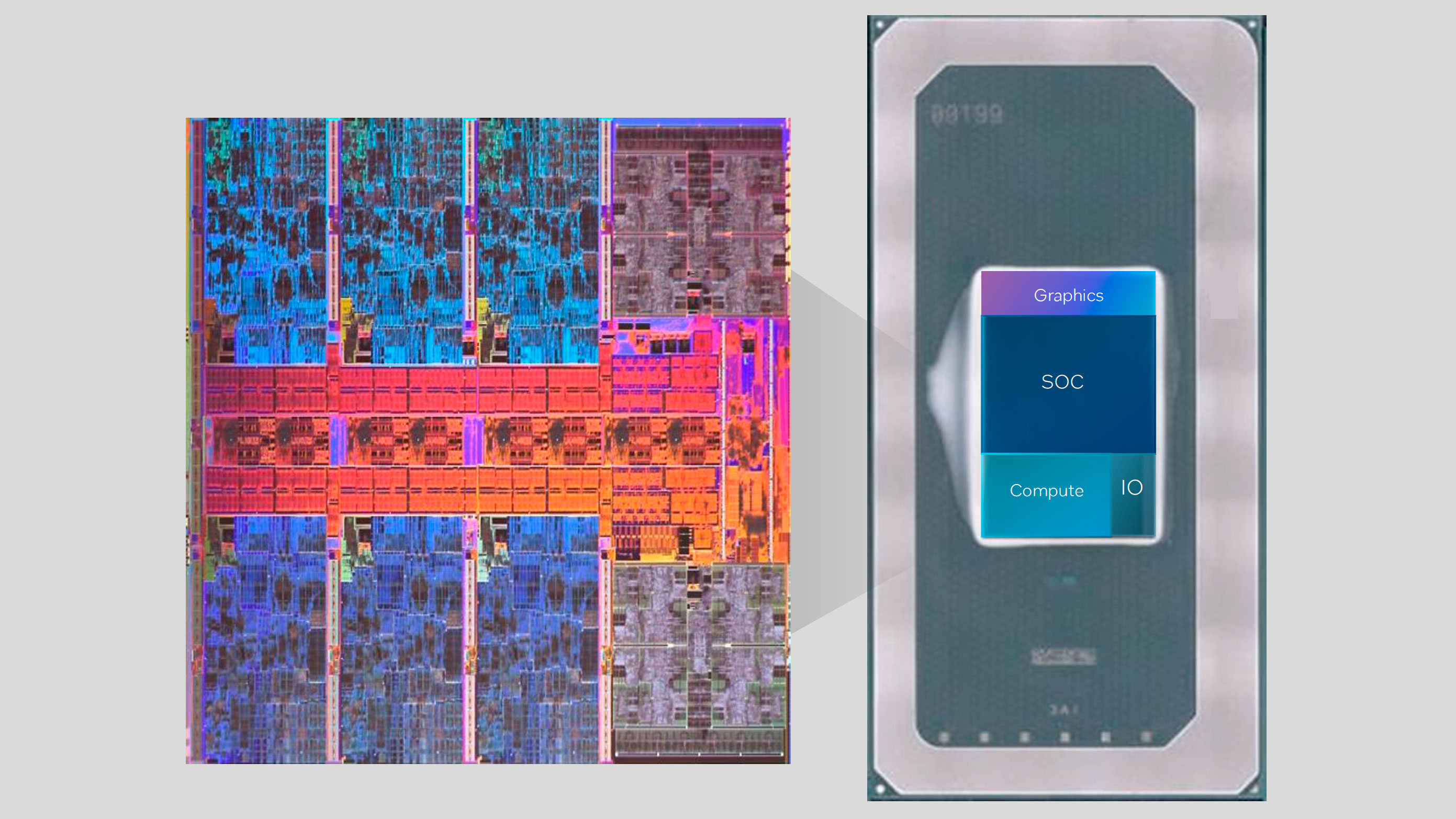
Meteor Lake is receiving new patches on Linux that aim to improve its efficiency at medium and high levels of performance (via Phoronix). The patch overrides the default performance and power profile that Meteor Lake has used since it launched in December, and replaces the default performance and power values with ones that are more suitable for Meteor Lake.
The patch is actually quite simple and just focuses on the configuration of the Energy Performance Preference (EPP) values. EPP is basically Linux's version of power plans, and can be configured from a value of 0 to 255, with lower numbers meaning higher performance and power. Linux offers different power options with preset values, such as "performance" and "balanced_performance," both of which the patch has altered from the defaults.
Normally, balanced_performance has an EPP value of 128, which is exactly in the middle of the range, and performance is at 0, which allows for maximum performance and power draw. Intel has tweaked balanced_performance to 115 and performance to 16, saying both offer better efficiency than the default values. It's implied that the balanced_performance power plan sacrificed a little performance for this efficiency, but Intel says going from 0 to 16 in the performance plan offers "similar performance."
There were no exact performance, clock speed, or power figures given in the patch notes, but if Intel wants to increase efficiency, then it's going about it in the correct way. Most processors have a sweet spot for efficiency, but at the lower and higher ends of a processor's power range, efficiency isn't very favorable.
For the performance power profile, it's easy to imagine that the power difference between 0 and 16 was much larger than the performance difference. That extra power can drain batteries more quickly, make devices hotter, and even cause thermal throttling in devices with small coolers. In fact, Intel claims this tweak will actually boost performance in small form factor devices thanks to lower temperatures and less thermal throttling.
Though this kind of tweak is fairly minor in the grand scheme of things, it's likely Intel will want to get every advantage it possibly can out of Meteor Lake. The competition between it and rival processors from AMD and Apple is fierce, and Meteor Lake isn't exactly impressive when it comes to raw performance. This Linux patch isn't the first time Intel has attempted to squeeze more efficiency out of Meteor Lake post-launch. Previously, a new BIOS resulted in greater performance and efficiency that shrank the gap between Intel's and AMD's top-end chips.

.jpg?w=600)





